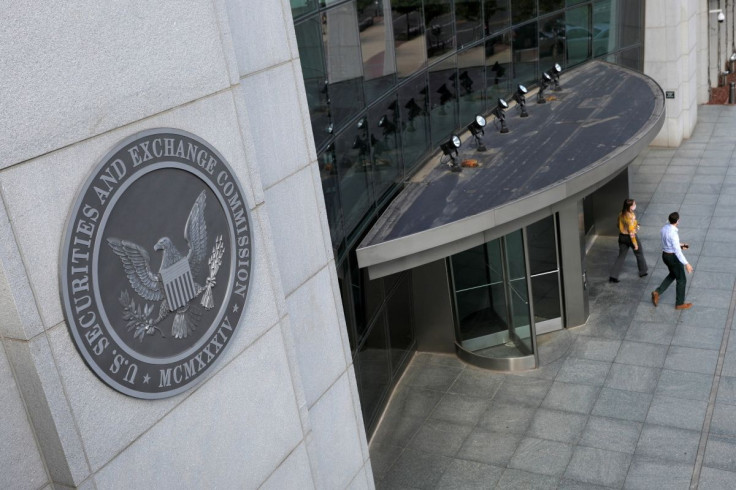U.S. SEC Voted To Undo Trump-era Curbs On Shareholder Advisers

The U.S. securities regulator voted on Wednesday to rescind rules introduced under then-U.S. President Donald Trump that critics said impeded the independence of firms that advise investors on how to vote in corporate elections.
The move is the latest installment in a long-running battle over how to regulate "proxy" advisers like Institutional Shareholder Services and Glass Lewis, which advise investors how to cast their ballot on issues including the election of directors, merger transactions and shareholder proposals.
The five-commissioner panel voted 3-2 to adopt the rule changes.
Corporations say these companies have amassed too much sway over corporate elections and should be more tightly regulated.
In 2020, the Securities and Exchange Commission (SEC) introduced rules that increased proxy advisers' legal liability and required them to share recommendations early on with corporate executives. Investor advocates said the changes tilted the scales in favor of corporate bosses over investors.
Wednesday's rules specifically rescind two exemptions, including a requirement that proxy advisers provide a first look to corporations of the advice to be tabled.
It also removes a requirement that allowed clients of proxy firms to be notified of any written responses to their advice from companies.
President Joe Biden's SEC first proposed these rule changes in November, and said investors had expressed concerns that the conditions created increased compliance costs for proxy advisers and impaired the independence and timeliness of their advice.
It also said the legal liability changes had created confusion and increased proxy advisers' litigation risks, potentially impairing the quality of advice.
"The SEC has offered no justification for abandoning a decade's worth of bipartisan, consensus-driven policymaking," said Jay Timmons, chief executive of the National Association of Manufacturers, adding that his group would be filing suit in the coming weeks to "protect manufacturers from proxy advisory firms' outsized influence."
Proponents of the rule cheered the changes, but said the SEC should have gone farther to undo some aspects.
"While we applaud the Commission for removing some of the 2020 rule's more draconian provisions, the rule should have been rescinded in its entirety," ISS said in a statement.
Amy Borrus of the Council of Institutional Investors added that "the SEC's action today, however, does not address the foundational determination in the 2020 rules that proxy advice is a proxy solicitation under the federal securities laws. That continues to be a source of confusion and unnecessary costs for the Commission, investors, proxy advisors and other market participants."
© Copyright Thomson Reuters {{Year}}. All rights reserved.





















